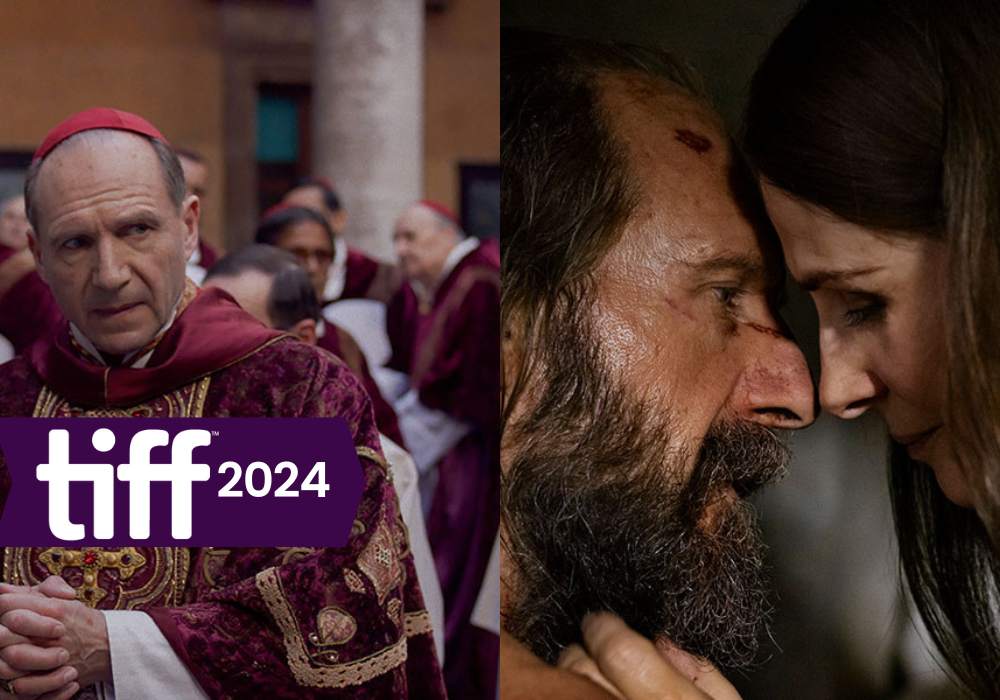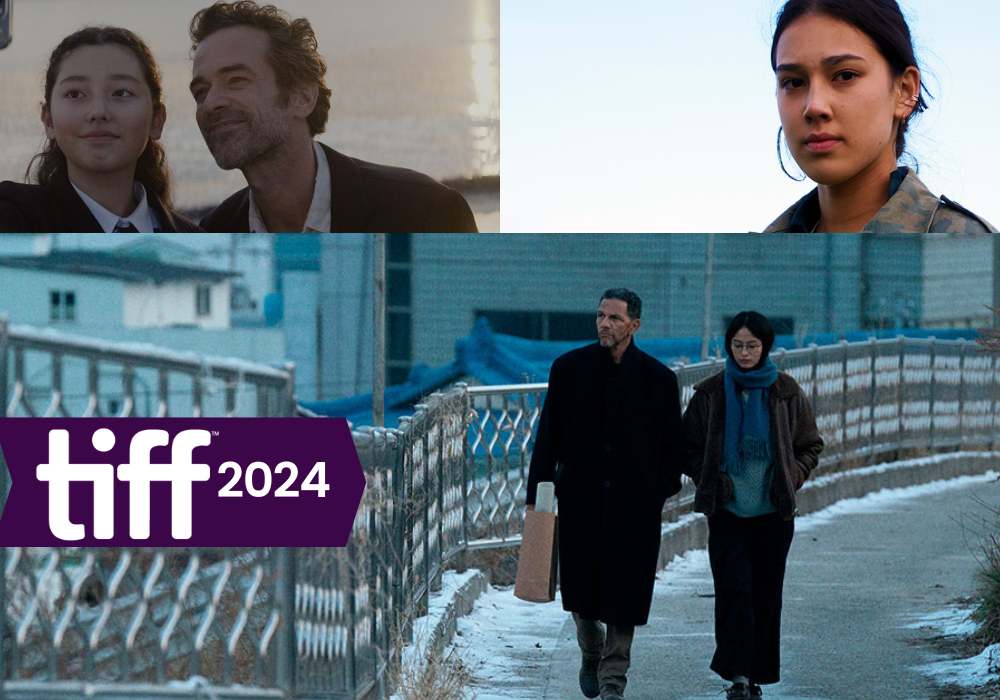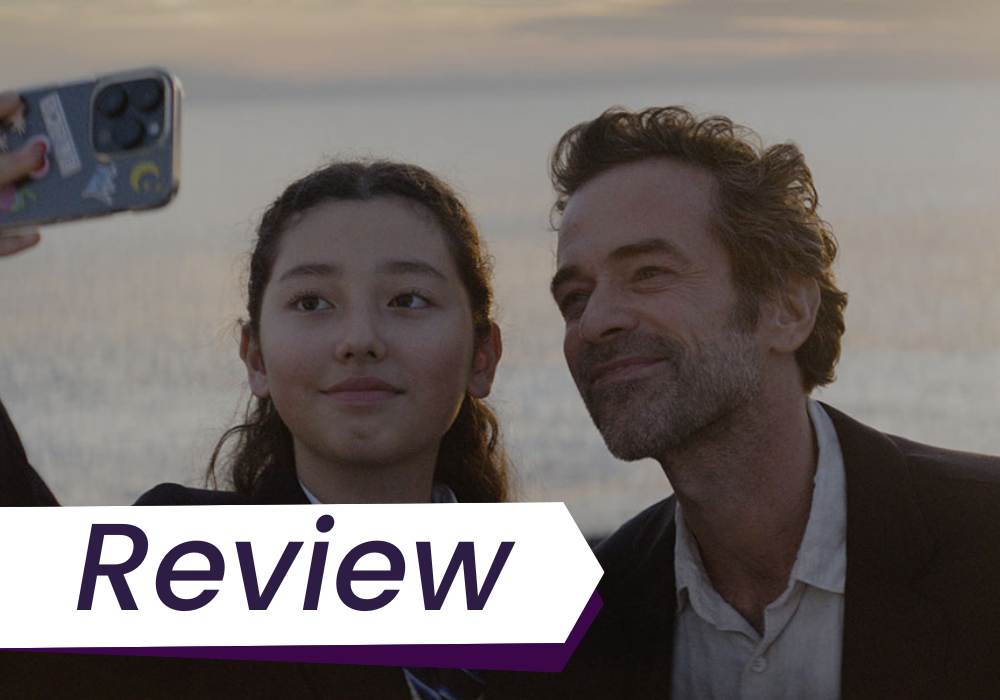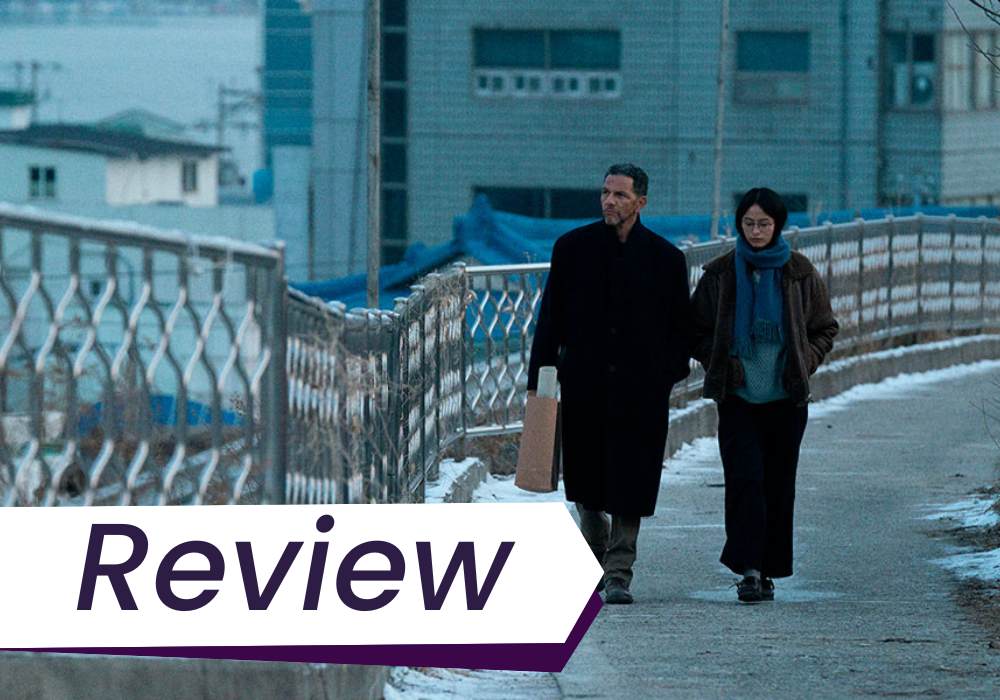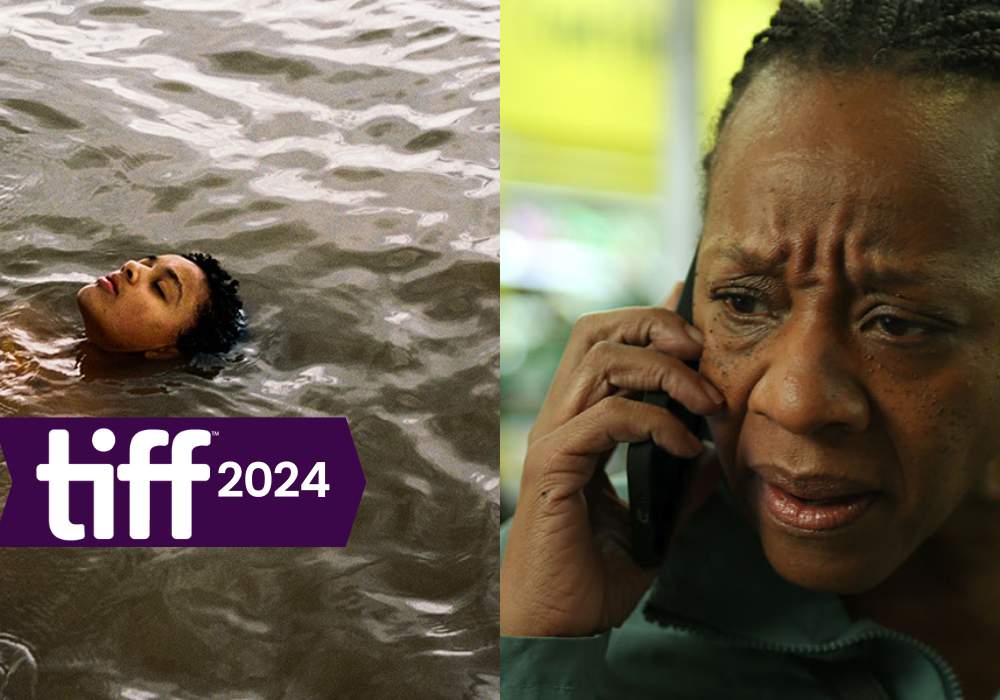Alex discusses two Ralph Fiennes films at TIFF 2024: Edward Berger’s Conclave and Uberto Pasolini’s The Return.
TIFF 2024
TIFF 2024 Ep. 5: Bicultural daughters and their absent fathers: My Father’s Daughter, Winter in Sokcho, and A Missing Part
In this episode of the TIFF 2024 season, Alex discusses three films about bicultural daughters and their absent fathers: My Father’s Daughter, Winter in Sokcho, and A Missing Part.
TIFF 2024 Film Review: Guillaume Senez’s A Missing Part
lex Heeney reviews Belgian filmmaker Guillaume Senez’s third feature film, A Missing Part screening in the TIFF Special Presentations section.
TIFF 2024 Film Review: Koya Kamura’s Winter in Sokcho
Alex Heeney reviews Japanese-French filmmaker Koya Kamura’s impressive debut film, Winter in Sokcho, screening in the TIFF Platform Competition.
TIFF 2024 Film Review: Egil Pederson’s My Father’s Daughter
Alex Heeney reviews Belgian filmmaker Leonardo van Dijl’s tennis-set film Julie Keeps Quiet about a teenage girl re-learning the importance of boundaries after a possible sexual assault.
TIFF 2024 Ep. 4: British social realism: Andrea Arnold’s Bird and Mike Leigh’s Hard Truths
In this episode of the TIFF 2024 podcast, Alex discusses two new works from British social realist filmmakers Andrea Arnold and Mike Leigh: Bird and Hard Truths.
